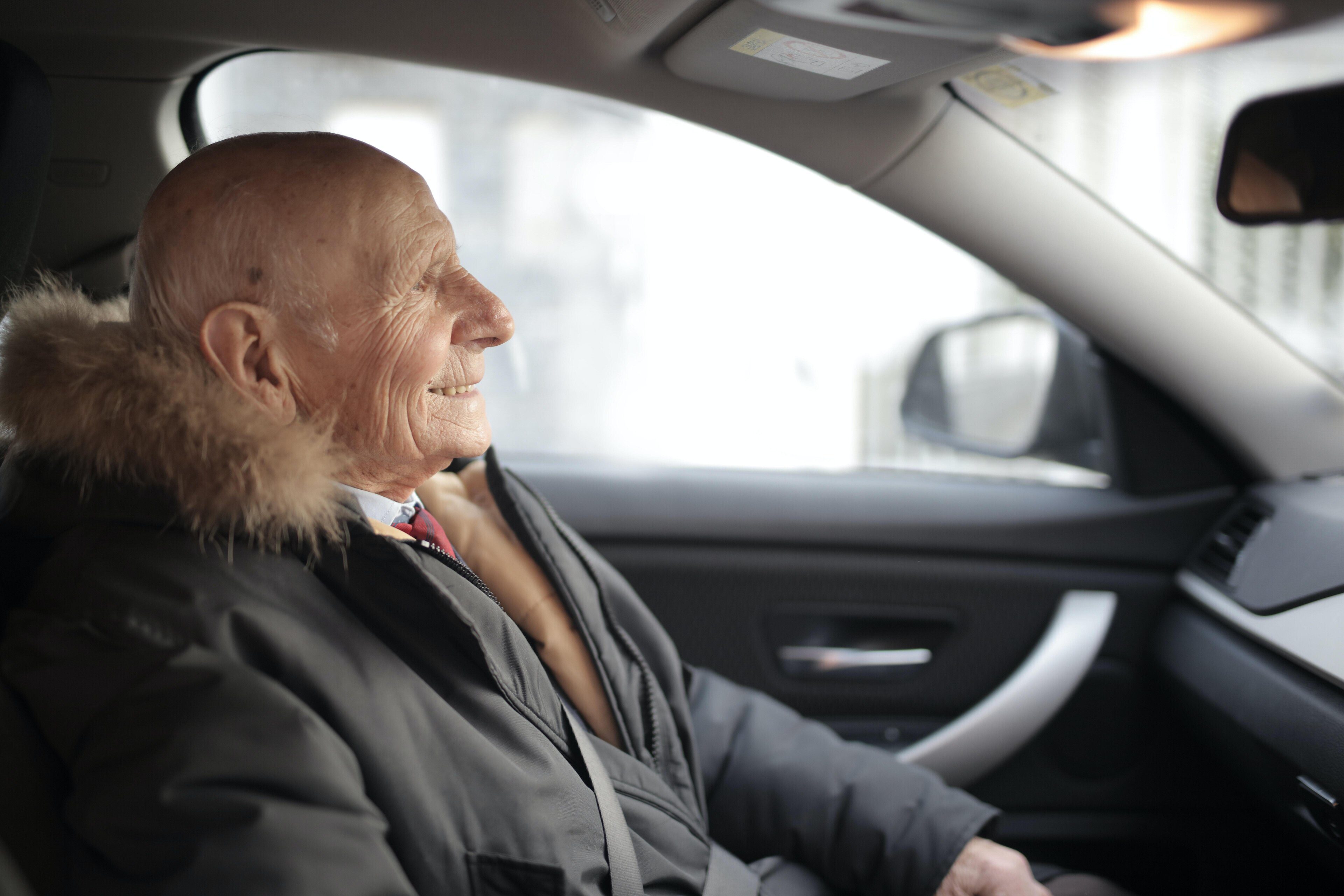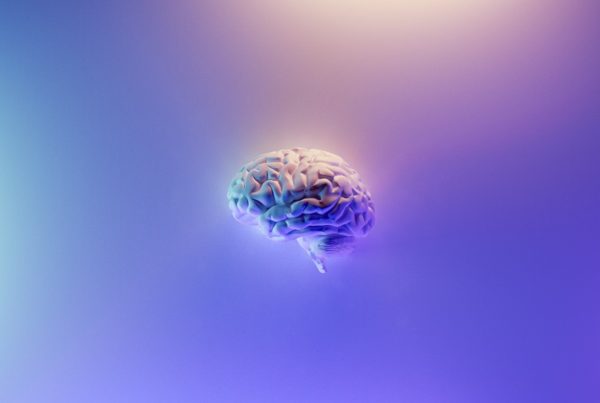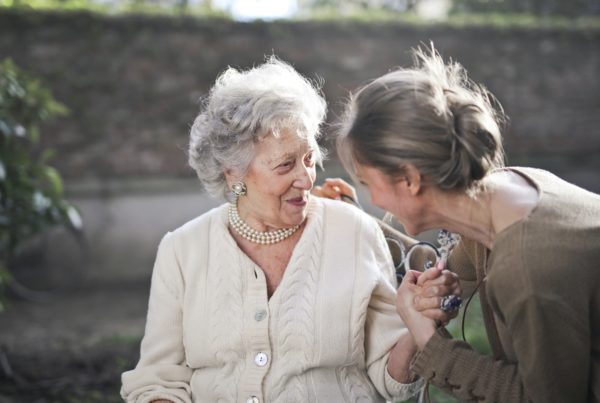For a lot of people, driving offers independence, escape and a lifeline to others. Although most places have good access to public transport, driving is the main source of travel for the majority of Brits.
There are a number of medical conditions however that will stop people from driving and will result in them having to use alternative transportation, or have a designated driver.
A family member has been diagnosed with dementia – can they still drive?
A new dementia diagnosis does not automatically mean that they can not drive. As long as it is safe and legal for them to carry on driving, they may be able to do so in the short term.
Dementia is a progressive condition that will only worsen over time meaning that eventually, anyone with the illness will have to stop driving. On average, most people continue to drive for around three years with dementia after diagnosis.
Warning Signs
It might be time for your loved one to stop driving if they start to lose concentration or alertness when behind the wheel.
If they are suffering from any hallucinations or delusions which are common in Lewy body dementia, they would be required to stop driving.
If your loved ones are starting to forget familiar routes, what road signs mean, driving aggressively or getting confused when on the road it would also be time to stop driving.
Notifying the DVLA
When your loved one is diagnosed with dementia, they need to tell the DVLA as soon as possible to avoid a £1000 fine. Once the DVLA has been notified, they will send out a questionnaire and a request to review medical records – after all of this important information has been analysed, the DVLA will review and make a decision whether the individual is safe and legal and can continue to drive on UK roads.
The three options you can expect from the DVLA:
- Renew licence – the licence is usually renewed for one year by the DVLA
- Request more information – if the DVLA can not come to a decision, they may wish to ask for more information. This could include an on-road driving test.
- Revoke licence – if the DVLA decide to revoke and cancel the driving licence it means that the individual needs to cease driving immediately.
Uncooperative with dementia
If you loved one refuses to stop driving, it can cause many problems for the family and does pose a huge health and safety risk to the individual and other members of the community and other road users.
Make sure that you discuss as soon as possible with your loved one what it all means and why they are no longer legally allowed to drive. Try and ensure that you stay calm and factually when talking about this upsetting news and come up with solutions – for example, a partner might be able to do all of the driving, family members might be able to help out, local dementia charities might be able to offer support etc.
Hiding car keys and selling any unused cars will also help, however, you can also get GPs and police involved should you need to take things further.
With a supportive network and community, some reasonable solutions and plenty of love and care, a person with dementia can often enjoy life without driving.




